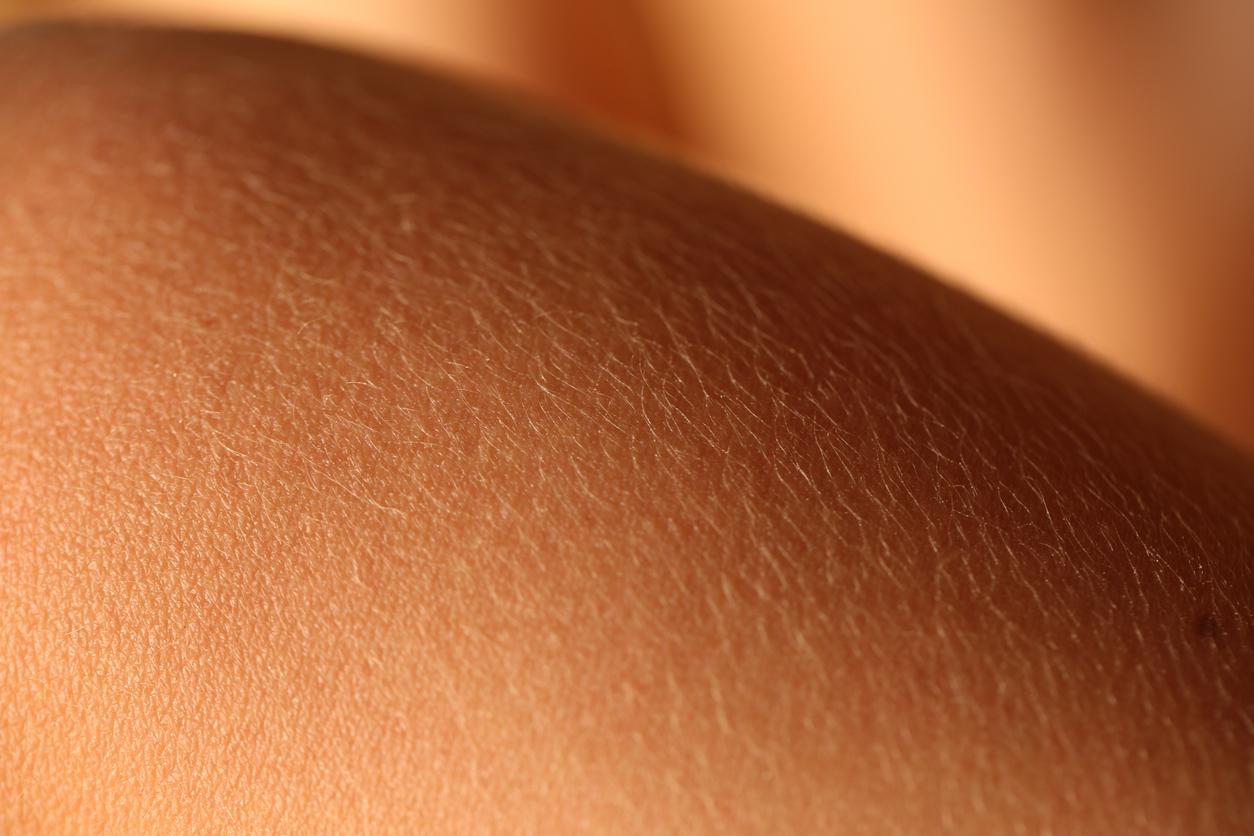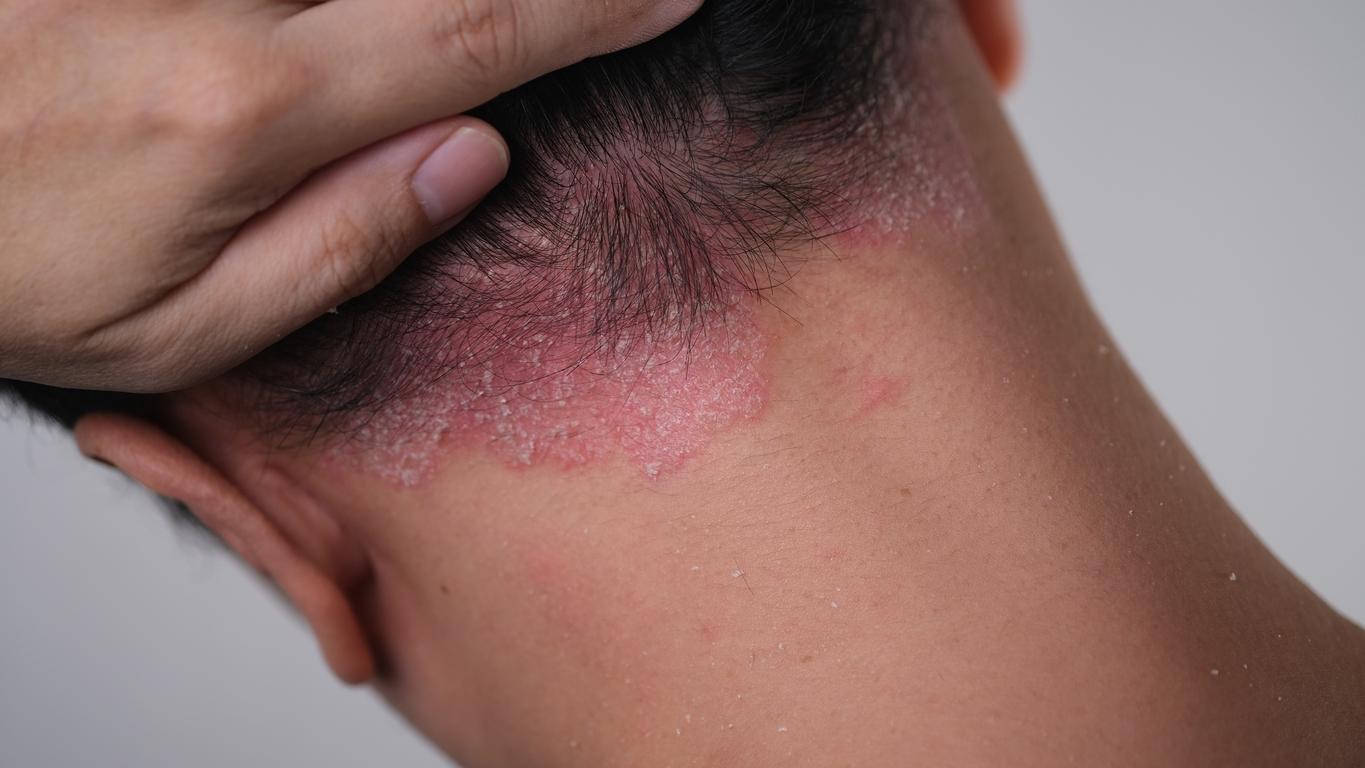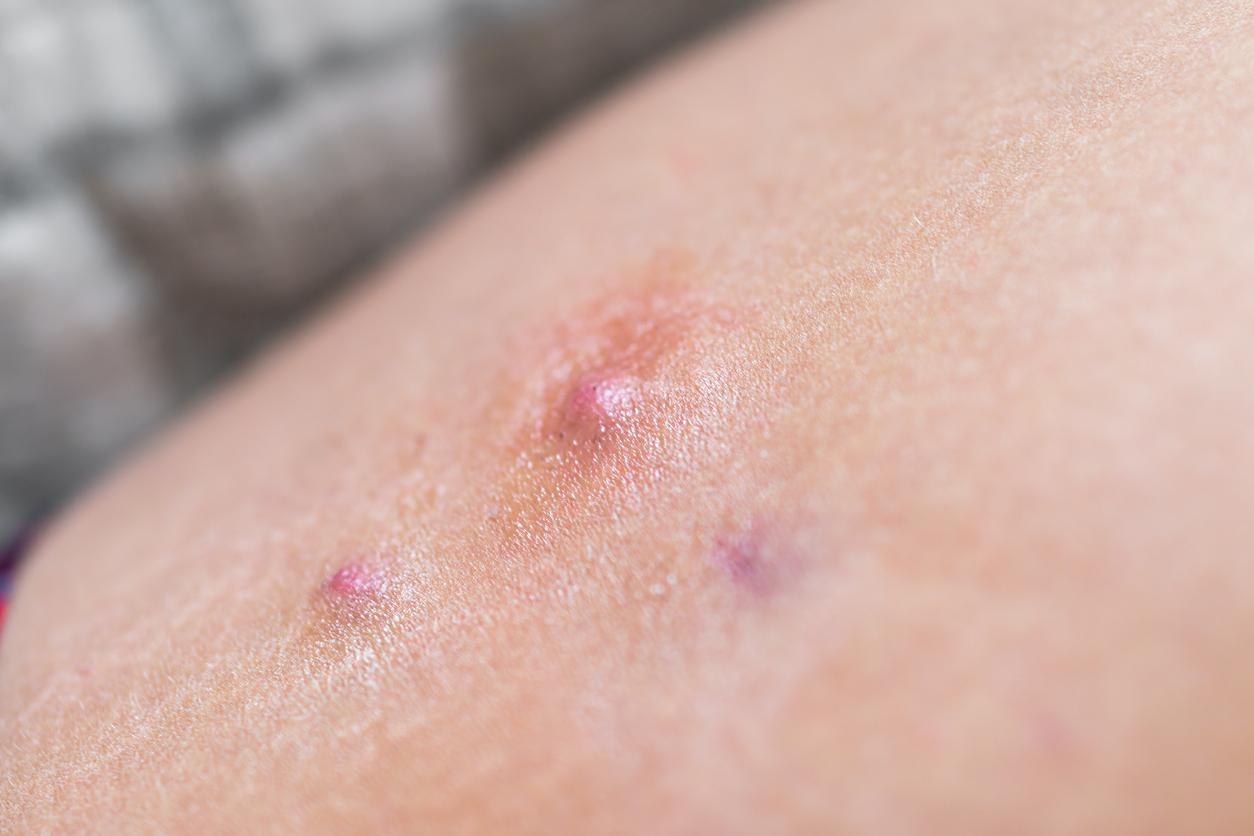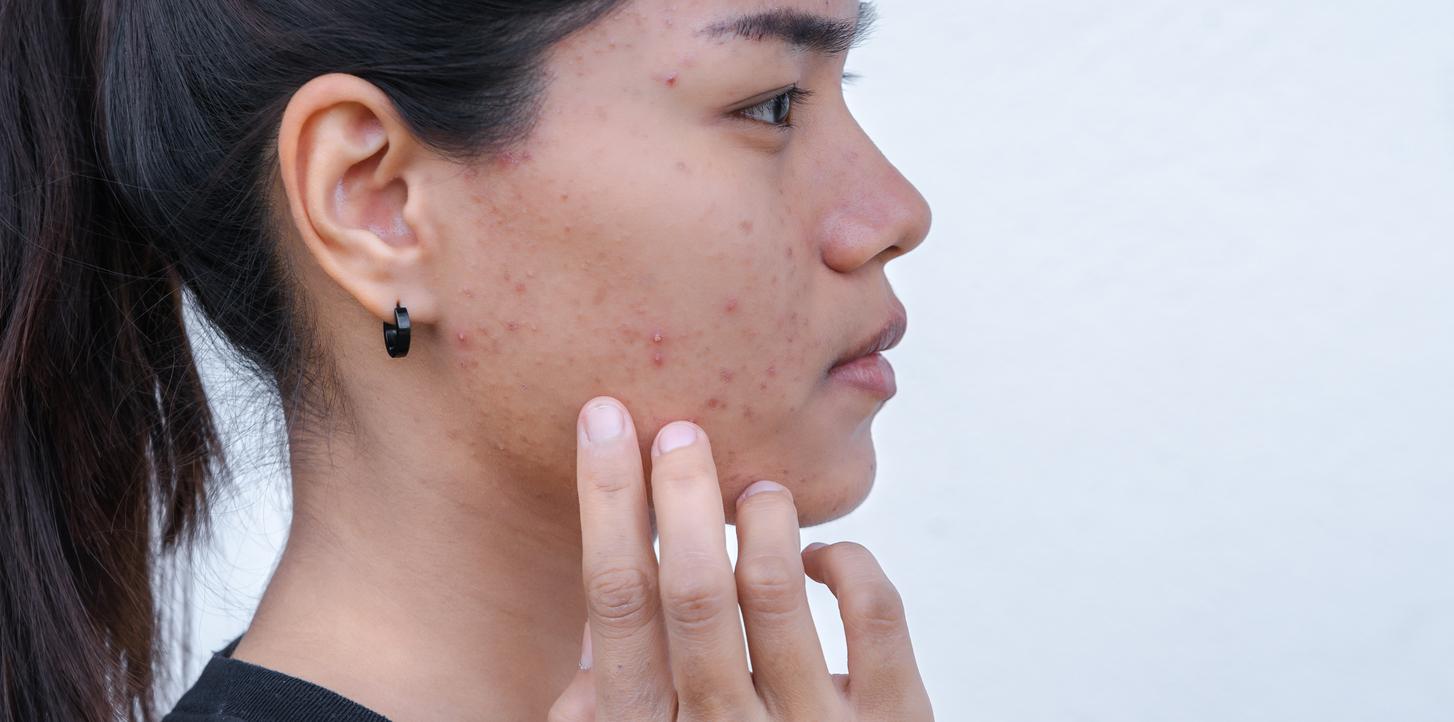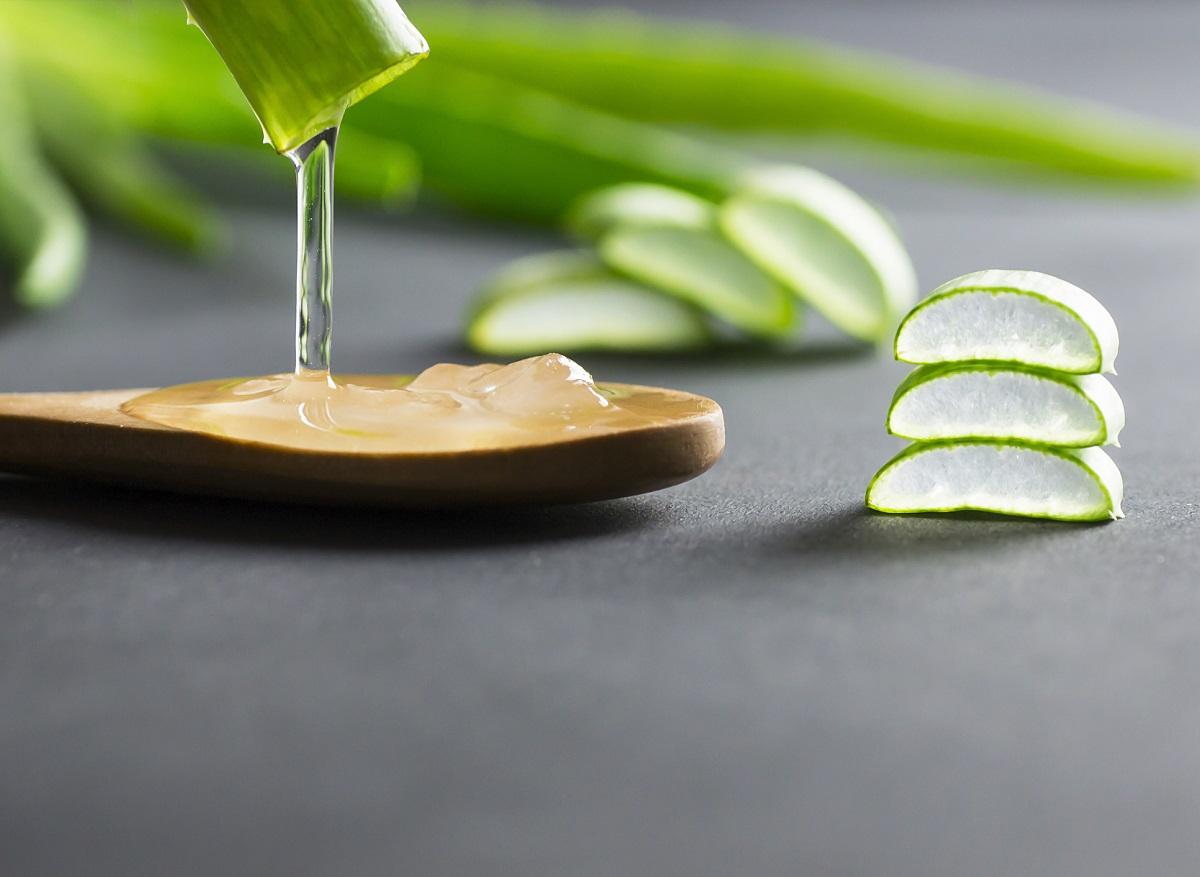Pulse oximeters, used to measure the level of oxygen in the blood, especially in Covid-19 patients, would give “misleading readings” on patients with dark skin.

The alert comes from the British Public Health Service (NHS). It is based on a study by the Observatory for Race and Health which found that pulse oximeters “amplify” sometimes “blood oxygen levels for people with darker skin color”, thus leading to a “misleading reading”.
A device for home monitoring
“These are devices that are most often worn on the fingertips”, explains Professor Djillali Annane, head of the intensive care unit at Raymond-Poincaré hospital, in Garches. “A light beam will cross the finger at the level of the nail to penetrate into the tissues, and refract in the hemoglobin. The refraction will be different depending on the oxygen saturation. ”
When used in hospital, the risk of failure associated with these devices is “Minimal, because the teams are used to and also control oxygenation directly in the blood”, assures the Professor.
But pulse oximeters are also often used at home, to monitor possible degradation of Covid patients who have gone through intensive care. A misleading number can delay oxygen uptake, or even hospitalization, even as black and other ethnic minority patients are disproportionately affected by the coronavirus in the UK.
Take better account of the ethnic factor
“We must ensure that we have knowledge of the potential limits of certain health equipment, in particular for populations at increased risk of the disease.”, insisted Dr. Habib Naqvi, director of the Race and Health Observatory.
This dysfunction is particularly worrying because people from ethnic minorities are over-represented in professions exposed to contamination. According to several studies, these populations are more likely to die from the coronavirus than the average. This excess mortality results “structural injustices, inequalities and discrimination that ravage our society”, concluded a report from the British Parliament at the end of October.
Adapt the reading of the results
The NHS recommends that “dark-skinned patients who have received a pulse oximeter to continue to use it”, but to adapt their reading. The new instructions recommend paying more attention to the variations recorded rather than to the numbers given by the oximeter, which allows “see if oxygen levels are dropping, even if the oximeter is not fully accurate”.
“These are already the recommendations that were applied in France”, assures Pr Djillali Annane. “It is a device that measures continuously, stopping on a single number does not make sense! You have to trust the curve and watch for varitions”.
Medical devices
Professor Annane also recalls the importance of listening to yourself: “In any case, a patient who does not feel well should be reassured by the number of the oximeter, it is what you feel that should take precedence! And he should not panic unnecessarily either if the device displays a very low rate and he feels good, there is no point in saturating the 15th! ”.
Oximeters are first and foremost medical devices, he recalls. For him, it is not useful to equip himself with an oximeter without a medical prescription, and above all it is important to refer to his doctor in case of doubt.









